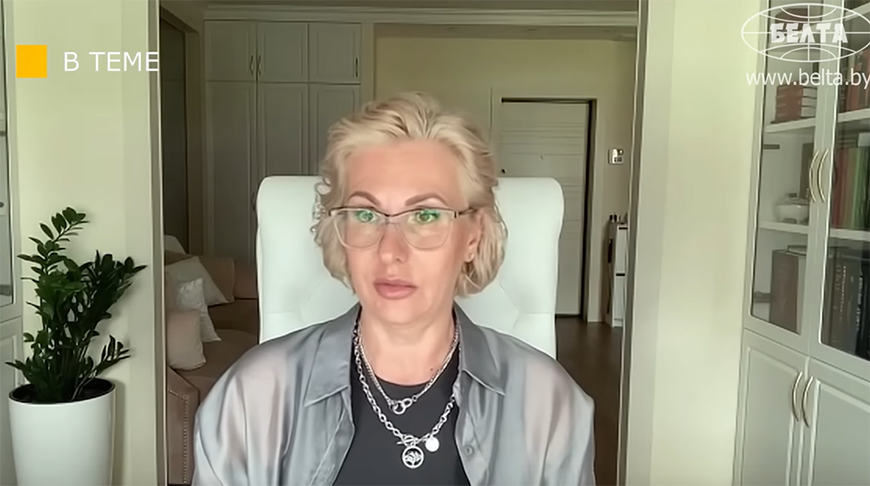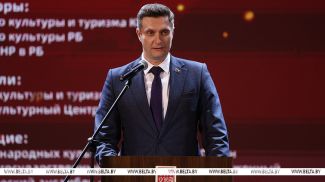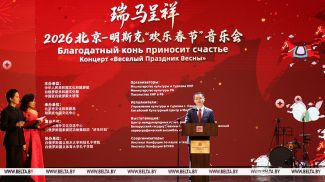
Elena Ponomareva
News of the story
"On Point"
MINSK, 11 August (BelTA) - Central Asia could be used as a pressure point against Russia, Elena Ponomareva, Doctor of Political Science, Professor at MGIMO (Moscow State Institute of International Relations), said in the latest episode of the V Teme [On Point] project on BelTA’s YouTube channel.
Discussing the essence of Balkanization, Elena Ponomareva noted that American political scientist Zbigniew Brzezinski introduced the new concept of “Eurasian Balkans”. “This is a vast region of Eurasia where one can carve, divide, and profit, getting resources cheaper, making money on military contracts, and seizing enterprises and assets indefinitely. It includes Iran, Syria, and so on, not to mention the post-Soviet space,” she explained.
The political scientist pointed out that the epicenter of Balkanization can shift. “Imagine the conflict in Ukraine reaches its logical conclusion,” she said. “The West’s military machine, producing shells, hardware, and allocating huge portions of state budgets (up to 5-7% in some cases) to this effort, will need a new outlet. Naturally, other zones exist, but a problematic one must be found. As for Belarus, it is probably one of the least problematic countries in terms of ethno-national and cultural boundaries.”
The MGIMO professor emphasized that Central Asia could become such a pressure point against Russia. “The Fergana Valley, where several Central Asian states intersect, is extremely overpopulated, suffers from water shortages, and faces disputes over transnational corridors, whether pipelines, roads, or energy infrastructure. These, too, can become battlegrounds,” Elena Ponomareva said.
“Therefore, analysts who argue for securing Russia’s southern borders are correct,” she added, noting that this involves not just good relations with national leaders but also addressing humanitarian, social, and economic issues within the region itself. “The emerging threats from there must also be considered. This isn’t just a task for analysts, political scientists, or cultural experts. It is primarily for intelligence agencies identifying potential hotspots of terrorist activity,” Elena Ponomareva concluded.













